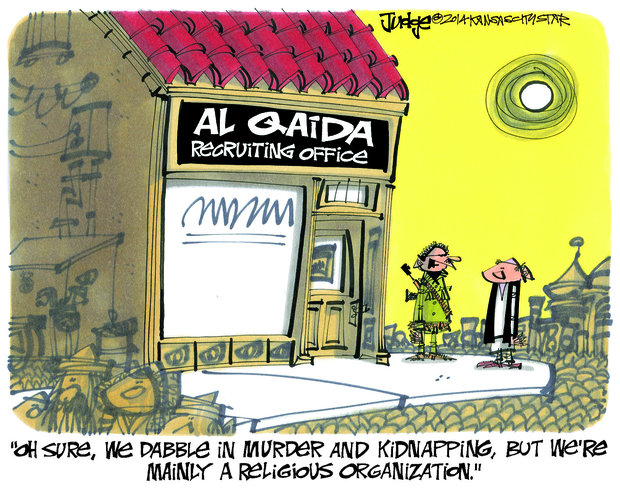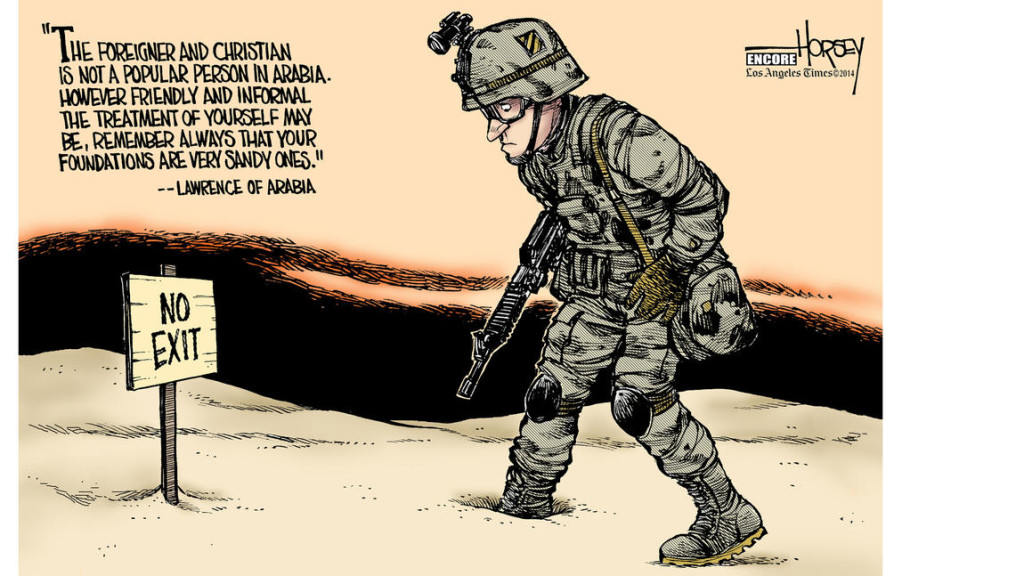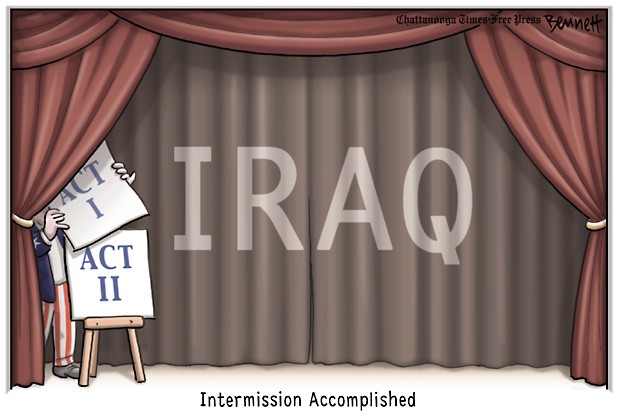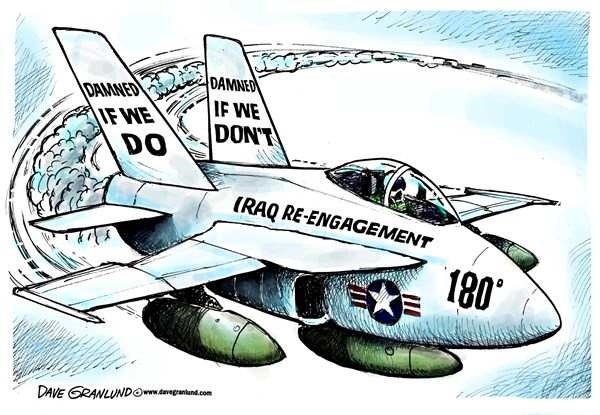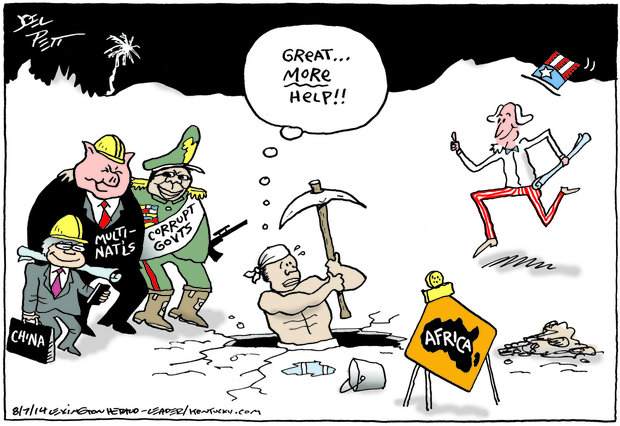The world is talking about Ferguson MO. Yesterday, a group of SWAT forces in riot gear faced angry citizens who had gathered to protest the killing of Michael Brown. After nightfall, police deployed tear gas against the crowd, warning the protest was “no longer peaceful”.
“This is no longer a peaceful assembly. Go home or be subject to arrest,” police warned through a loudspeaker, shortly before shooting tear gas at the protesters. Police were also shooting rubber bullets while smoke grenades and tear gas canisters fell into the crowd.
Meanwhile, some of the protesters reportedly threw rocks and bottles at the police. The police also arrested reporters, an alderman, and a state Senator. The two arrested reporters, Wesley Lowery of the WaPo and Ryan Reilly of the HuffPo, were in a McDonald’s recharging their devices and writing up reports. They had identified themselves as reporters to the arresting officers. The WaPo reported that for the past week in Ferguson, reporters have been using the McDonald’s a few blocks from the scene of Michael Brown’s shooting as a staging area. Demonstrations have blown up each night nearby. But inside there’s Wi-Fi and outlets, so it’s common for reporters to gather there. The Police closed the McDonald’s. Both reporters were released after a short time in a holding cell. Both say they were assaulted.
So, this is what America has become. SWAT teams in Ferguson, in daylight, facing unarmed civilians:
And here is a short video loop taken by HuffPo reporter Ryan Reilly on Wednesday. HuffPo, in a statement, said: (emphasis by the Wrongologist)
Ryan, who has reported multiple times from Guantanamo Bay, said that the police resembled soldiers more than officers, and treated those inside the McDonald’s as “enemy combatants.” Police militarization has been among the most consequential and unnoticed developments of our time, and it is now beginning to affect press freedom.
Police are no longer seen as members of the community dedicated to “Protect and Serve”. They are becoming domestic soldiers. Local police departments throughout have the equivalent of tanks now. They have drones. They have automatic rifles, and planes, and helicopters, and they go through military-style boot camp training.
When it comes to the up-armoring and militarization of America’s police forces, this is completely run-of-the-mill stuff.
In June, the ACLU issued a report on how police departments now possess arsenals in need of a use. The Pentagon has handed out 600 mine-resistant ambush-protected vehicles, or MRAPs to them for essentially no cost, with plenty more to come. They’re surplus equipment, mostly from our recent wars, and perhaps they will indeed prove handy for a sheriff fretting about insurgent IEDs (roadside bombs) in New Jersey or elsewhere in the country.
The worst part of outfitting and training police officers as soldiers will be psychological. Give a man access to drones, MRAPs, and body armor, and he’ll believe that his job isn’t simply to protect and serve, but to eliminate danger.
If officers are soldiers, it follows that the neighborhoods they patrol are battlefields. And if they’re deployed in battlefields, it follows that the population is the enemy.
Let’s remember that this is America, not a war zone.
The militarization of police departments has been covered by the Wrongologist here. The New York Times has reported on all of the other free military gear – like machine guns, armored vehicles and aircraft – that police are receiving from the Pentagon. Since Sept. 11, 2001, the DHS has handed out $34 billion in grants to police departments across the country, many for the purchase of armored vehicles and weapons. This program has created a cottage industry of companies who make militarized equipment and take checks from local towns in exchange for military hardware.
From Greg Howard:
There are reasons why white gun rights activists can walk into a Chipotle restaurant with assault rifles and be seen as gauche nuisances while unarmed black men are killed for reaching for their wallets or cell phones, or carrying children’s toys.
Do the police actions in Ferguson look similar to police actions during the 1960s Civil Rights Movement? National Guard soldiers, tear gas, and fire hoses were the old way of keeping protestors in line, but now the police are the soldiers. They still use the tear gas, but MRAPs and stun grenades are the new methods of disorienting protestors.
The US Department of Justice (DOJ) needs to address why local police believe that it is appropriate to arrest reporters. The DOJ needs to address why local police can walk on the people’s right to peaceably assemble.
The DOJ needs to do more than “monitor” the local situation.
And the mainstream media can be complicit in this too. The people who showed up at Ted Bundy’s ranch were called “supporters” and the protestors in Ferguson are referred to as an “angry mob”, even before any looting or violence started.
And thanks a lot SCOTUS, for deciding that we didn’t need the Voting Rights Act anymore because America’s racial problems are behind us. They aren’t.
Let’s close with a quote from William O. Douglas about oppression:
“As nightfall does not come at once, neither does oppression. In both instances, there is a twilight when everything remains seemingly unchanged. And it is in such twilight that we all must be most aware of change in the air–however slight–lest we become unwitting victims of the darkness.”


